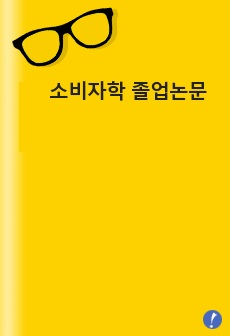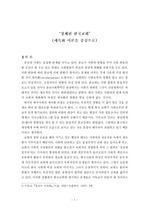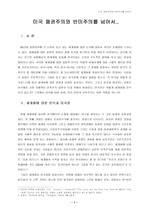

-
서지정보
· 발행기관 : 충북대학교 국제개발연구소
· 수록지 정보 : 사회적경제와 정책연구 / 11권 / 3호 / 1 ~ 35페이지
· 저자명 : 김태영
초록
본 연구는 조직자원 확보의 관점에서 사회적경제조직의 지속가능성은 조직의 내부생산성과 조직외부 평가의 함수라는 이론적 틀을 제시한다. 이론적 틀의 핵심을 조직정체성과 그의 이면인 조직정당성에 두고, 조직의 내부자원은 조직정체성이 다른 비교조직과 차별적일수록 구성원들의 조직동일시를 통해 늘어나며, 외부자원은 조직정체성에 대한 정당성확보를 통해 확보될 수 있음을 설명하였다. 사회적경제조직 내·외부 자원의 총량은 조직정체성이 차별적일수록, 그리고 조직정체성에 대한 도덕적, 실용적, 인지적 정당성을 확보할수록 증가할 수 있으나, 조직의 급격한 차별적 정체성은 역설적으로 기존의 사회규범 등에 대한 정당성 도전으로 받아들여 질수 있다. 이에 따라 사회적경제조직의 지속가능성을 가져올 수 있는 내·외부 자원의 극대화는 사회적경제조직이 정당성 도전 허용한계 내에서 차별적 조직정체성을 선택할 때 가능함을 밝힌다. 이러한 이론적 논의를 바탕으로 우리나라의 경우 사회적경제조직의 지속가능성과 사회혁신의 추동주체로서의 역할을 강화하기 위해 정부주도의 정당성 도전 허용한계 범위의 확장 등의 정책적 함의를 제시한다.영어초록
The paper provides a theoretical framework suggesting that a Social Economy Organization's (SEO’s) sustainability in the perspective of resource acquisition is a function of its internal productivity and outside evaluation. The framework is built upon the ideas of organizational identity and its twin, organizational legitimacy. The internal resources of an SEO increase through its members’ organizational identification as its identity becomes more distinctive than competing organizations, and its outside resources also increase as an SEO acquires moral, practical and cognitive legitimacies from outside. And yet, paradoxically, when an SEO’s identity becomes too much radically distinctive, it could be regarded as a challenge to the existing legitimacies. Therefore, an SEO’s resource maximization is achieved when an SEO chooses a differential identity strategy within the acceptable limits of legitimacy challenge. The paper concludes with some policy implications based on the discussions of the acceptable limits of legitimacy challenge and the theoretical framework.참고자료
· 없음태그
-
자주묻는질문의 답변을 확인해 주세요

꼭 알아주세요
-
자료의 정보 및 내용의 진실성에 대하여 해피캠퍼스는 보증하지 않으며, 해당 정보 및 게시물 저작권과 기타 법적 책임은 자료 등록자에게 있습니다.
자료 및 게시물 내용의 불법적 이용, 무단 전재∙배포는 금지되어 있습니다.
저작권침해, 명예훼손 등 분쟁 요소 발견 시 고객센터의 저작권침해 신고센터를 이용해 주시기 바랍니다. -
해피캠퍼스는 구매자와 판매자 모두가 만족하는 서비스가 되도록 노력하고 있으며, 아래의 4가지 자료환불 조건을 꼭 확인해주시기 바랍니다.
파일오류 중복자료 저작권 없음 설명과 실제 내용 불일치 파일의 다운로드가 제대로 되지 않거나 파일형식에 맞는 프로그램으로 정상 작동하지 않는 경우 다른 자료와 70% 이상 내용이 일치하는 경우 (중복임을 확인할 수 있는 근거 필요함) 인터넷의 다른 사이트, 연구기관, 학교, 서적 등의 자료를 도용한 경우 자료의 설명과 실제 자료의 내용이 일치하지 않는 경우
찾으시던 자료가 아닌가요?
지금 보는 자료와 연관되어 있어요!
문서 초안을 생성해주는 EasyAI






